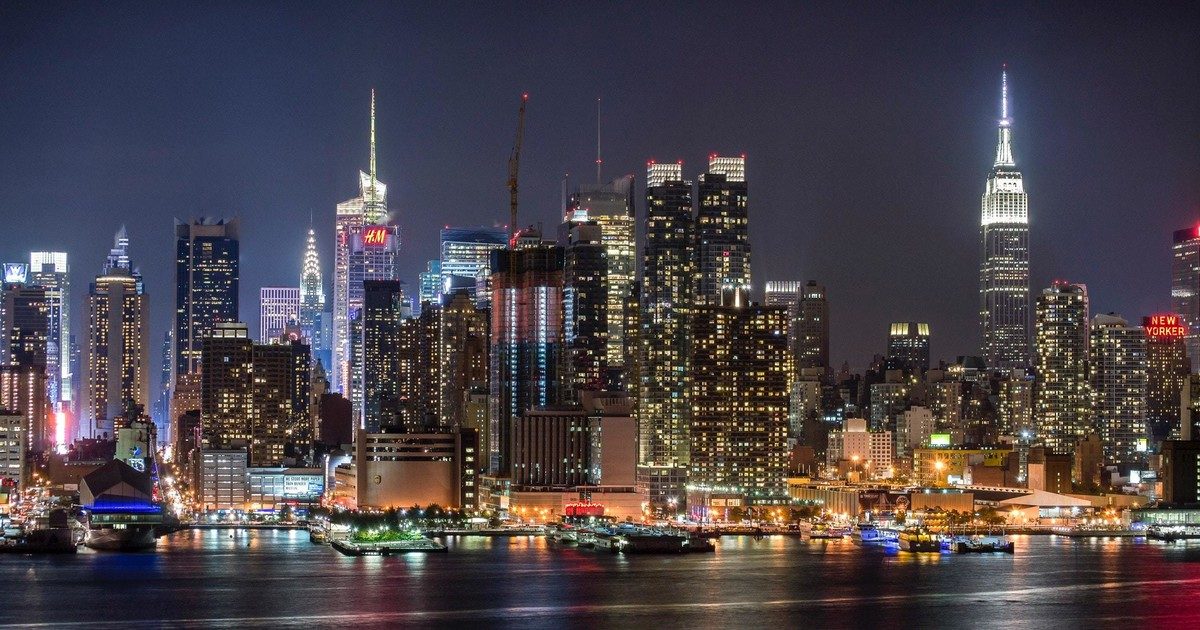In my question, I asked about how our readings about the gay nightlife in the Gayborhood compared to what we learned about urban nightlife through the lense of Grazian, who described them as spaces that “lacked any strong sense of emotional solidarity with one another”. I asked this question because after reading Orne’s chapters about how the gay nightlife scene was integral in creating a “queer habitus”, it was hard for me to agree as much with Grazian, who seemed to see nightlife as not very real, important sources of community. In class, we discussed whether or not these spaces were needed anymore in this post-gay era we live in, and if these spaces were still authentically queer due to the fact that they have been changed by an increase in straight people living in gay neighborhoods, and because of that have to become more watered down to appeal to a straight audience. In class, we learned about slumming, a practice that dates back to the 20th century where wealthy (generally white) individuals would go into minority spaces to get a taste of the “danger” and “otherness” that those areas presented. When applied to our readings, we could consider bachelorette parties as a modern form of slumming, because they are the dominant sexuality (straight) going into gay bars for a night because it’s “different” and “exciting”. Because of a decrease in gay people living in gayborhoods and the influx of straight people taking their place, gay bars and nightclubs have had to de-sexualize their establishments in order to attract these straight patrons to even keep their doors open. Because of this, the authenticity of these establishments as “gay” is questioned; do these still count as gay nightclubs that teach gay men the “queer habitus”, or have they simply become nightclubs frequented by both gay and straight individuals that now lack their former influence in the gay community? Some students in class argued that Grazian was, in fact, saying that urban nightlife forms a real community and social networks, but just different ones from their ordinary communities. They said that Grazian was talking about people were looking for separate communities that were just for entertainment and fun, not that they were completely unimportant. Although not much discussion was had over the intended question, it left me more thinking about this recurring issue of authenticity and how it’s harmed by gentrification, and if this leads to a loss of importance in previously necessary spaces like gay nightclubs. Because we live in an apparently “Post-Gay” Era, and Gayborhoods are falling victim to straight gentrification, have gay nightclubs that previously were staples of the gay community and places of safety and togetherness lost their influence? Does the fact that they have to cater more to straight people to make enough money mean that they can no longer be places for young gay men to learn the “queer habitus” that is so necessary in Orne’s eyes to pick up? What are the next steps for these establishments? Without them being as “authentic” as they previously were, where will the next spaces be that teach young/new gay men what it means to be “queer” in the 21st century?
Sociology 2202 Cities & Society
Fall 2019 – Professor Theo Greene
